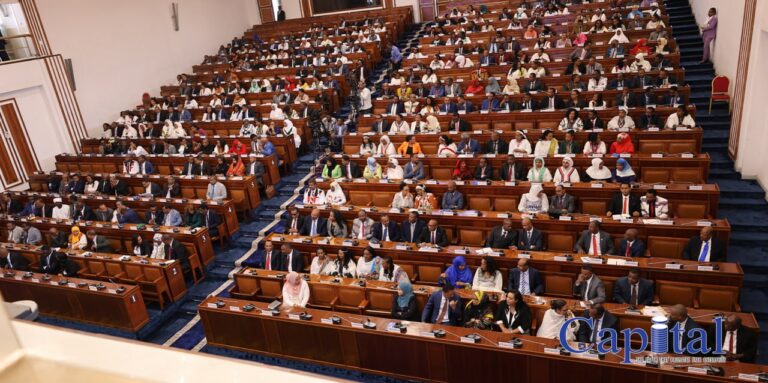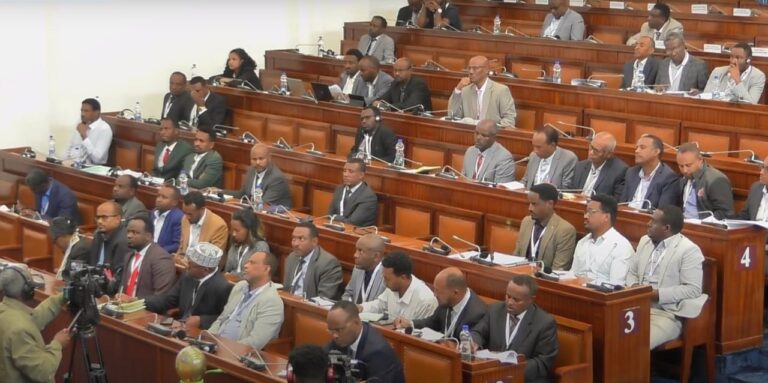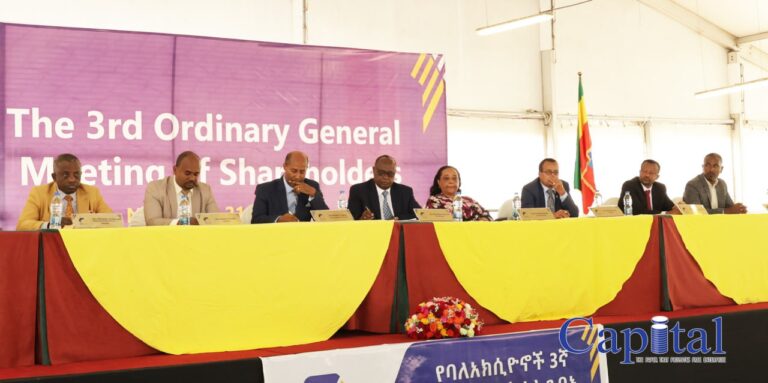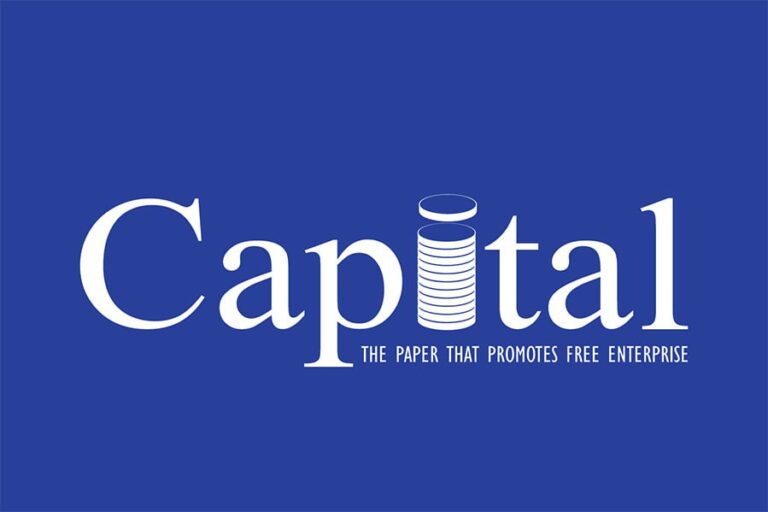The funding for macroeconomic reforms is assisting the government in restructuring financing approved months earlier. The International Monetary Fund (IMF) has completed its second-round review ahead of schedule.
On Tuesday, November 26, the Ethiopian parliament passed a supplemental budget of 463 billion birr for the fiscal year 2024/25, which commenced on July 8. This budget includes a finance restructure totaling 119 billion birr.
The authorized budget is being redirected to other funding sources through this finance restructure. The ratified proclamation indicates that approximately 300 billion birr of the total amount has been secured through grants and loans from overseas sources, which significantly exceeds the initial projections in the annual budget.
In recent years, the government has received less foreign funding than in the past. For example, the authorized budget in June projected that only 82 billion birr (about USD 656 million at current exchange rates) would be obtained from external grants and loans.
However, foreign partners became more inclined to support the initiative after the government’s decision to begin implementing significant macroeconomic changes on July 29. On the same day that the reform package, which included liberalizing foreign exchange, was announced, the World Bank and IMF provided USD 2 billion.
To expedite the reform process, the IMF has since allocated an additional USD 340 million, bringing the total authorized amount to USD 3.4 billion.
Experts note that the government has been able to avoid utilizing local loans, which were authorized nearly five months ago to address the budget shortfall, due to the influx of funds from foreign partners. Consequently, the government has restructured the 119 billion birr originally intended to be financed through local credit sources.
According to the supplementary budget and finance restructuring proclamation, the World Bank has allocated 123 billion birr, while the World Bank and IMF have loaned 112 billion and 65 billion birr, respectively.
In June, the parliament approved a 971 billion birr budget, with 325.6 billion birr expected to come from local credit sources. However, resources from foreign partners have already replaced more than one-third of this anticipated local loan amount.
Historically, direct advances—which are a primary contributor to inflation—and Treasury bills have been used to cover budget deficits.
Of the 463 billion birr included in the recent supplemental budget, 121 billion birr has been designated to settle internal debts, including loans that public enterprises have defaulted on to the state-owned Commercial Bank of Ethiopia. As part of the economic reform initiative, the government has agreed to pay off these loans to prevent the bank from going bankrupt.
Sixty-two percent (75 billion birr) of the 121 billion birr allocated for internal debt repayment will be used to pay interest.
The administration has indicated that various forms of assistance from bilateral and multilateral partners are expected since the reform process began four months ago.
A USD 3.4 billion loan agreed upon by the IMF will be disbursed over the next four years, with 40 percent of the approved amount already released.
In the near future, the IMF Executive Board is expected to authorize Ethiopia’s access to approximately USD 251 million in funding, which represents 7.5 percent of the total amount.
This week, the IMF team, led by Alvaro Piris, completed its second review of the four-year USD 3.4 billion Extended Credit Facility (ECF) arrangement. The IMF staff visited Addis Ababa from November 12 to 26, 2024, to discuss the progress of reforms and the government’s policy priorities as part of this review.
“Ethiopia’s economic reform program, including the transition to a market-determined exchange rate, continues to progress well. Recent developments have been supported by the relaxation of foreign exchange (FX) surrender requirements, increased activity in the emerging interbank FX market, and the successful launch of a domestic interbank money market. Foreign exchange shortages have significantly eased, and the gap between the official and parallel markets has fallen below 10 percent after a brief spike in October,” Piris stated.
He also noted that the IMF team and Ethiopian authorities have reached a staff-level agreement on the second review of the country’s economic program under the ECF arrangement. This agreement is subject to approval by IMF management and the Executive Board in the coming weeks. Upon completion of the Executive Board review, Ethiopia will gain access to USD 251 million.
Future reviews will take place every six months.








